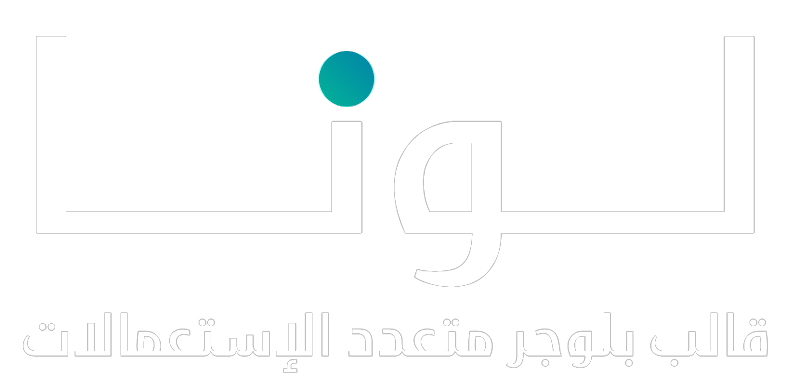Ikebana water parfum
How to care for ikebana seeds?
Ikebana Places in the world
Choose the right soil for ikebana.
How to deal with Ikebana flower root ?
Ikebana greatest Masters
The Philosophy of Ikebana: A Harmony of Nature and Art
The Art of Ikebana: Calming the Mind and Bringing Luck.
Ikebana, the Japanese art of flower arrangement, transcends mere floral decoration. Rooted in the harmony between nature and humanity, it’s a meditative practice that promotes mindfulness and tranquility. Furthermore, Ikebana is often believed to attract good fortune. This article explores how Ikebana can calm the mind and bring luck.
Calming the Mind Through Ikebana
Mindfulness and Meditation
- Focus on the Present: Ikebana requires concentration and attention to detail. As practitioners select, trim, and place each stem, they become fully immersed in the activity, promoting a state of mindfulness. This focus on the present moment helps to quiet the mind and reduce stress.
- Connection with Nature: Engaging with natural elements fosters a sense of peace and serenity. Handling flowers and greenery can have a grounding effect, reducing anxiety and fostering a sense of calm.
Artistic Expression and Emotional Release
- Creativity as Therapy: Ikebana allows for creative expression, which can be therapeutic. The process of creating something beautiful can be a form of emotional release, providing a sense of accomplishment and joy.
- Symbolic Arrangements: The choice of flowers, their placement, and the overall composition can symbolize different emotions and states of mind. This symbolic nature of Ikebana can help practitioners process their feelings and gain insights into their emotional state.
Structured Simplicity
- Order and Harmony: The structured yet simple nature of Ikebana arrangements reflects the principles of balance and harmony. Creating order out of chaos can be inherently calming and can provide a sense of control and stability.
Bringing Luck Through Ikebana
Symbolism in Flowers
- Flower Meanings: In Japanese culture, different flowers have specific meanings and are believed to attract various forms of luck. For example, the chrysanthemum symbolizes longevity and rejuvenation, while the bamboo represents strength and resilience.
- Intentional Arrangements: By choosing flowers with particular symbolic meanings, practitioners can create arrangements that reflect their desires for good fortune, health, and happiness.
Feng Shui and Positive Energy
- Flow of Chi: Ikebana arrangements can be aligned with Feng Shui principles to enhance the flow of positive energy (chi) in a space. Placing an Ikebana arrangement in a specific location can attract beneficial energy and ward off negative influences.
- Enhancing Spaces: Beautiful and harmonious Ikebana arrangements can uplift the atmosphere of a home or workspace, creating a positive and welcoming environment that attracts good luck.
Seasonal and Ritualistic Practices
- Seasonal Celebrations: Ikebana is often practiced in accordance with the seasons and traditional Japanese festivals. Creating arrangements for these occasions can invoke seasonal luck and blessings.
- Ritualistic Significance: Ikebana can be part of various rituals and ceremonies that seek to attract good fortune. The act of arranging flowers with intention can itself be seen as a ritual that invites prosperity and well-being.
Conclusion
Ikebana is much more than an art form; it is a practice that fosters mindfulness, creativity, and a deep connection with nature. By engaging in Ikebana, individuals can calm their minds, reduce stress, and create a sense of inner peace. Moreover, the symbolic and ritualistic aspects of Ikebana have the potential to attract luck and positive energy into one's life. Whether seeking tranquility or good fortune, Ikebana offers a harmonious blend of beauty and meaning.
Related Posts

Ikebana flowers
Japanese art of flower arrangement. It is also known as kadō. The origin of ikebana can be traced back to the ancient Japanese custom of erecting evergreen trees and decorating them with flowers as yorishiroSlide Videos
Latest topics
Contributors

- Ikebana Flowers
- Hello, I am a researcher in the ancient Japanese heritage and traditions of food, clothing, crafts, etc. In this blog, I chose Ikebana and how to deal with this art, what should be done and what should not be done, and also many skills specifically for Ikebana
FAQ[FAQ]
Most Popular
How we dealing with Ikebana in the Four Seasons?
Ikebana water parfum
How to care for ikebana seeds?
Ikebana Places in the world
Choose the right soil for ikebana.
How to deal with Ikebana flower root ?
Ikebana greatest Masters
The Philosophy of Ikebana: A Harmony of Nature and Art
Links
Contributors

- Ikebana Flowers
- Hello, I am a researcher in the ancient Japanese heritage and traditions of food, clothing, crafts, etc. In this blog, I chose Ikebana and how to deal with this art, what should be done and what should not be done, and also many skills specifically for Ikebana












No comments:
Post a Comment